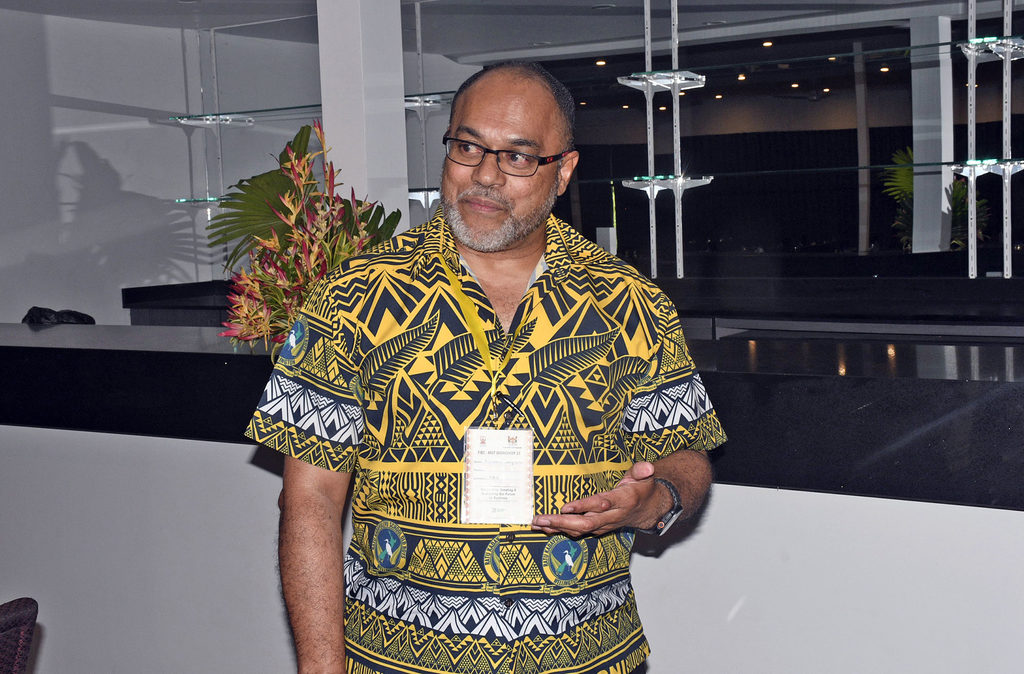FIJI Development Bank (FDB) chief executive officer Filimone Waqabaca has welcomed recent calls made for the review of the bank’s operations but cautioned critics to be mindful of the bank’s own cost of borrowing, which he said is very high compared to commercial banks.
Speaking to The Fiji Times in the margins of yesterday’s Fiji Indigenous Business Council two-day annual meeting in Suva, Mr Waqabaca urged critics to also come up with solutions on ways that FDB could increase its revenue so that it can better its products to communities it is serving.
“While there are comments on our cost of operation, if one was to look at our client base of 9000 customers, most fall under the category of micro, small and agriculture and the loan threshold is $150,000 and below.
“So, there’s a lot of hand holding, a lot of guidance and mentoring, assistance required.
“Therefore the cost is quite high to maintain but we do it nevertheless because development is our mandate.
“Likewise if cost is really an issue, we could very well review our branches which are across 11 places in the country.
“The commercial banks are closing their branches and replacing it with technology.
“We could do that, close our branches and make huge savings but then who will go out and attend to the type of clients that we serve?
“It’s Micro, small, medium enterprises and digital technology for the type of clients that we serve may not be ideal because they want face-to-face customer service. It may work for certain spheres but not suitable for the type of clientele that we serve.
“So we welcome the comments, we welcome the reviews, but we ask for a better understanding of what a development bank is and some of the cost structures that we incur and our nature of being uncompetitive in a very competitive financial system because our cost of funds is very high compared to commercial banks, who are receiving deposits at very low rates but can make a good margin.
“We cannot do that because when we go to the market and borrow in order to lend to businesses, we pay very high interest rates for that.”
To raise funds to finance its overall operations, FBD issues government-backed bonds in the local market and it’s the interest that it pays on this that determines its cost of lending to its clients.
“For long-term bonds, we’re paying around 5.3 per cent, so when clients come to us and ask for 4 per cent, 3 per cent, it already places us at a disadvantage because we’re borrowing at 5.3 per cent,” Mr Waqabaca said.
“If we can come up with a mechanism that addresses that cost of funds, which allows to borrow funds at 0.2 per cent or 0.3 per cent, then we can easily compete with the commercial banks.
“As it is, even given these challenges and our uncompetitive nature, we are already surviving and thriving in the riskiest areas that the commercial banks may not venture into and likewise in the commercial and corporate area, even though our cost of fund is high.
“Imagine what we could do if our cost of fund is similar to what the banks have right now.”



